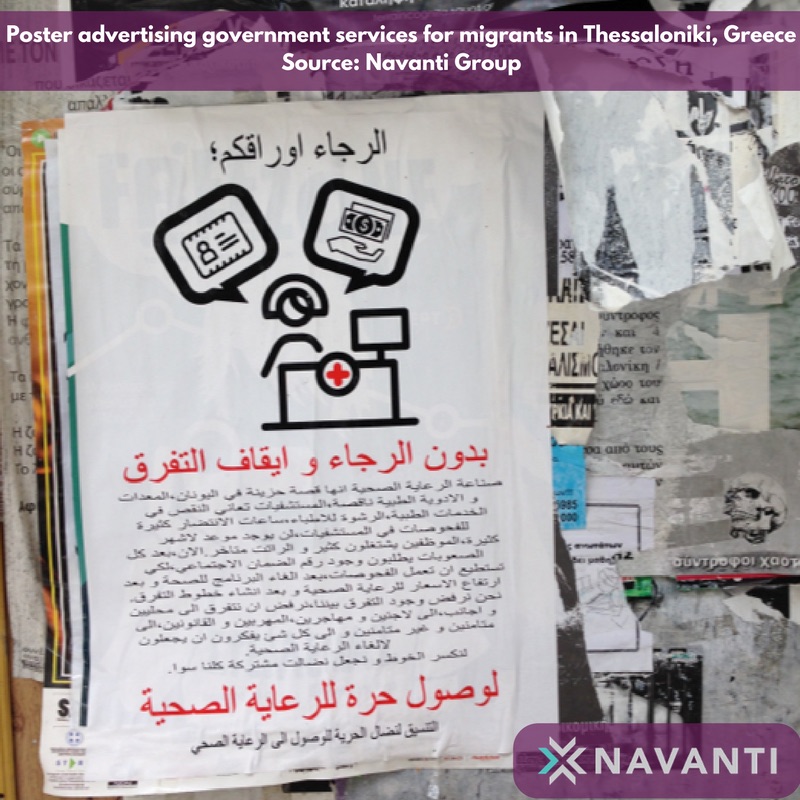Refugee Voices in Greece — Online, on Social Media, and on the Ground

On Klisovis Street in Athens, an international collaborative broadcasts alternative Lebanese rock intermixed with French rap and news in Arabic. Shabab Radio, founded by a team of three Europeans and one Syrian, provides a space where migrants and locals exchange information and ideas.
Shabab Radio is not alone in providing a forum for migrant voices. Refugees.tv, started by two Syrians in the Idomeni refugee camp, provides daily news in Arabic and English via interviews with fellow migrants. Solomon, an online magazine managed by 24 volunteers, interviews experts and migrants on issues relating to migration into Greece.
Meanwhile, Facebook groups including Immigrant and Refugee Support Group in Athens, Syrian Refugees in Greece, and Together to Help Syrians in Greece are among the many groups migrants on the ground use to share migration updates, ask questions, and post events. In addition, Facebook pages such as Travel to Greece and Europe, Travel to Greece and Italy and Immigration to Europe, and Travel to Europe Guaranteed advertise routes along the Eastern and Central Mediterranean and assistance with Syrian documentation in Arabic.
While these websites provide online venues for migrant voices, most migrants gather their own information the old-fashioned way: word of mouth. In the words of a Syrian migrant in Idomeni, Greece: “It’s best to have information from someone you trust or someone who has done it. For routes and other information of these sorts, you can only get information from someone who has travelled.”
Research from the United Nations Refugee Agency (UNHCR) underlines the importance of informal information gathering for refugees. According to surveys from March 2016, 81% of Afghan migrants relied on smugglers to learn about route changes. Half of Syrians surveyed relied on travel companions for information on routes. Meanwhile, only 16% of Syrian and 8% of Afghan migrants used social media pages to find information.
According to a Syrian migrant in Istanbul, Turkey, “Information from friends or family is more trustworthy. We need smartphones more than we need food. They keep us connected [to friends and family] via Whatsapp, Viber, and Facebook.”

